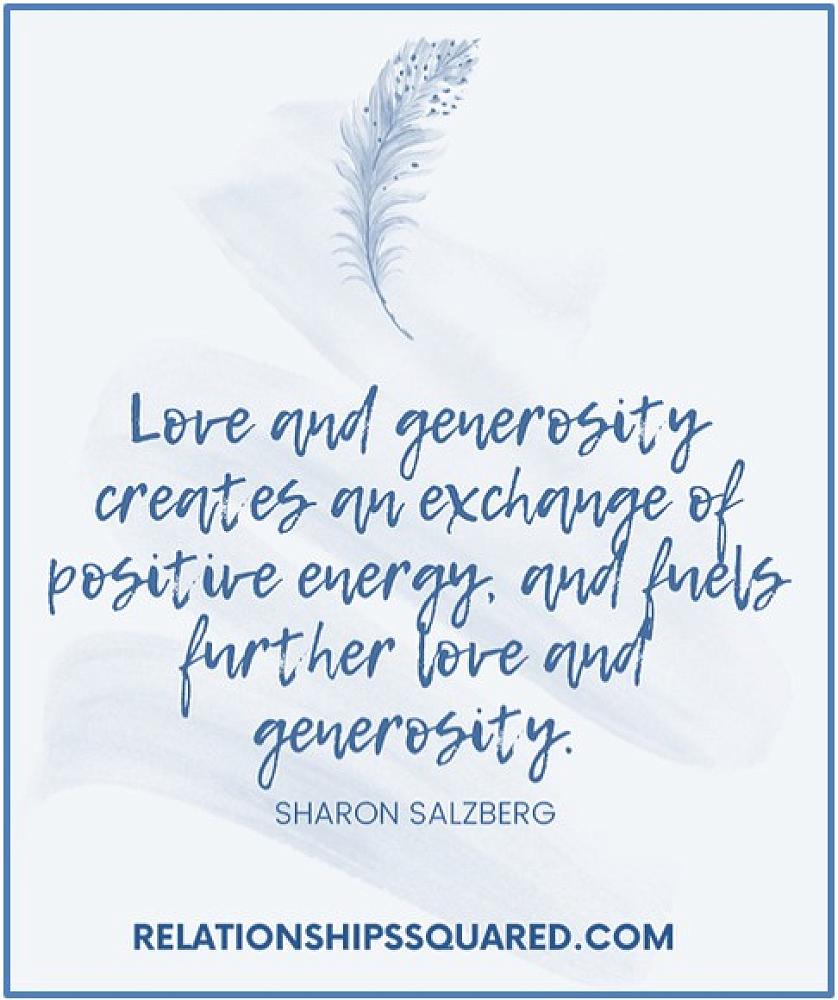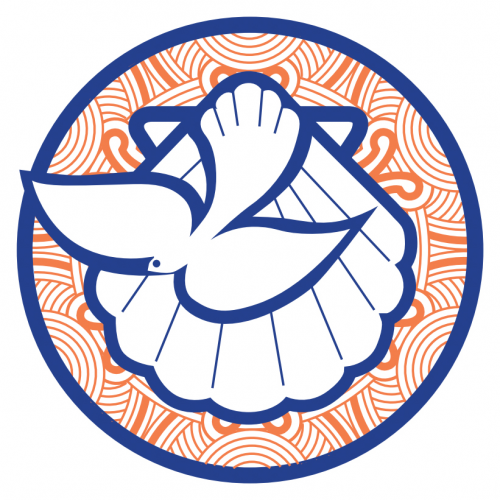
Hope, Peace, Joy & Love
During the four weeks of Advent as we lead up to the celebration of the birth of Jesus, who was born in less-than-ideal circumstances, I encourage you to take a moment to reflect on children living in poverty in Aotearoa New Zealand today.
The MSD Child Poverty Report 2022 released earlier this year reported that 11% of our children are living in material hardship - that is about 130,000 children in households that are regularly going without basic items. Material hardship means being unable to afford six or more essential items such as having enough food to eat, warm clothes, and sturdy shoes.
The data showed that it is children that live in beneficiary households, as well as Māori and Pacific children that are most likely to live in material hardship. If you are a child living in a sole parent household, you are three to four times more likely to be living in material hardship, than if you were a child living with two parents. And if you are a child living in a household that relies on a benefit for income, you are four to five times more likely to be living in material hardship that those in working households.
130,000 children living in material hardship is not something to celebrate, it should be an impetus for immediate action. It is hard to visualise what 130,000 children living in material hardship looks like, so try this. Take the combined population of everyone living in Palmerston North, and everyone living in Nelson, that totals about 130,000. Now, imagine they are all children, and sprinkle them throughout the motu - there are our 130,000 children living in material hardship.
In addition, the data shows that work is not the best way out of poverty, as for many households full-time employment does not provide enough income for the household. This is true even when tax credits are applied. Approximately half the children living in material hardship come from households where parents are working.
This is due to the rising costs of housing with many households spending more than half their income on accommodation. This combined with the rising cost of living has impacted those on lower incomes more severely.
The 11% of our children living in material hardship is still above the Government interim target to reduce child poverty to 10.5% by 2020/2021. The Government’s long term target to reduce child poverty is 5% by 2027/2028.
This is not something that Government can do on its own. Everyone in Aotearoa needs to commit to ensure that our tamariki are not living in material hardship and deprivation. This shared responsibility means that we all need to be prepared to change to make the lives of tamariki that live in Aotearoa better. A revised tax system that ensures a fairer future for everyone and income security for our most vulnerable may affect those who are better off.
It is time to actively encourage Government to fully implement all the recommendations of the Expert Welfare Advisory Group. This report was released in February 2019 and while there has been some progress, not all the recommendations have been implemented.
It is time to actively encourage Government to find new ways to distribute wealth more equitably via the tax system.
It is time that we had a fairer future for everyone. ActionStation’s Fairer Future campaign has a petition to encourage Government to take seven steps toward a fairer future. The seven steps are:
1. Increase core benefit levels to the standard of liveable incomes
2. Raise the minimum wage to the living wage
3. Increase the Disability Allowance
4. Overhaul relationship rules
5. Remove sanctions
6. Wipe debt owed to the Ministry of Social Development
7. Improve supplementary assistance and urgent grants
These seven steps are a circuit breaker for people and whānau whose lives have been most disrupted by the cost of living crisis and the pandemic. You can read the full petition and sign it here - https://our.actionstation.org.nz/petitions/take-seven-steps-toward-a-fairer-future-for-all-of-us-1
Members of the Methodist Alliance’s working group campaigning to increase benefit levels and abatement rates has been part the Fairer Future campaign. Our working group created a video for MCNZ Conference 2022 which highlighted the underlying issues relating to income security, and featured people with lived experience of life on a benefit and the struggle to make ends meet. We thank them for their courage, honesty and generosity in sharing their stories with us.
We also acknowledge and appreciate the rich and valuable feedback we received from Synods, Parishes and individuals on our discussion paper about wealth distribution and income security. This input helped us shape and refine the report presented to Conference.
We are grateful that Conference agreed to our suggested decisions relating to this and the working group will be crafting resources for parishes to use to facilitate robust discussions within the Connexion and with local political candidates and key Government Ministers.
We live in hope that we can effect change, so
that we can create a just and inclusive society where everyone can flourish.
May God bless us with anger at injustice, oppression, and exploitation of people, so that we work for justice, freedom and peace.
May God bless us with the joy of gratitude, so we recognise the small things that make life good.
May God bless us with the generosity of love, so we can truly understand how we are connected with each other.

Carol Barron, National Coordinator
03 375 0512 | 027 561 9164 |
Carol@MethodistAlliance.org.nz
